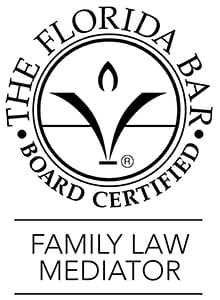Estate planning is a time to answer a wide variety of questions about your wishes. Who will inherit your property after you pass away, and what will they receive? Who will protect your children? What will happen if illness or injury makes you unable to take care of yourself? Depending on your answers to these questions, you can use a variety of estate planning tools to achieve your goals and provide for the people you care about. What documents can you use to build your estate plan?
1. Wills
Most people know that writing a will is a key element of estate planning, and a will can establish your wishes and support your family in a variety of ways. You can name the loved ones who will receive property, detail which property they will inherit, name a person to distribute your assets after your death and name a guardian for your children.
2. Trusts
Trusts allow a person or institution to own property and distribute it, and many use trusts as a part of their estate plan because they avoid probate. Depending on the type of trust you choose, you can make changes to the trust if your life and relationships change. You can also use trusts to provide for loved ones with special needs while protecting their ability to receive government benefits.
3. Financial power of attorney
A financial or general power of attorney allows your representative to make financial and legal decisions on your behalf if you cannot make those decisions yourself. These decisions can include the sale of property, accessing your bank account, paying bills on your behalf and many other actions.
As Forbes notes, however, powers of attorney can open opportunities for mistreatment. Because of this, it is important to name someone that you trust to act on your behalf or consider naming multiple agents in your power of attorney to make decisions together.
4. Medical power of attorney
Just like financial power of attorney gives someone you trust the ability to make decisions about your medical care if you become incapacitated. They can choose your doctors and caregivers, decide which treatments you will receive and decide which hospital or care facility will help you.
If you wonder which documents are right for your estate plan, speak to an experienced estate planning attorney about your wishes. They can help you explore these and other options to create an estate plan that protects your health, your assets and your loved ones.


